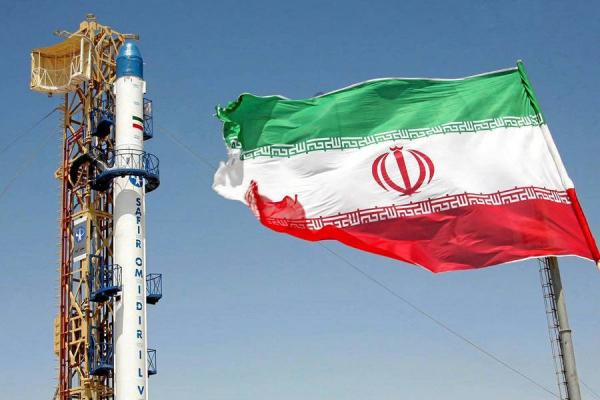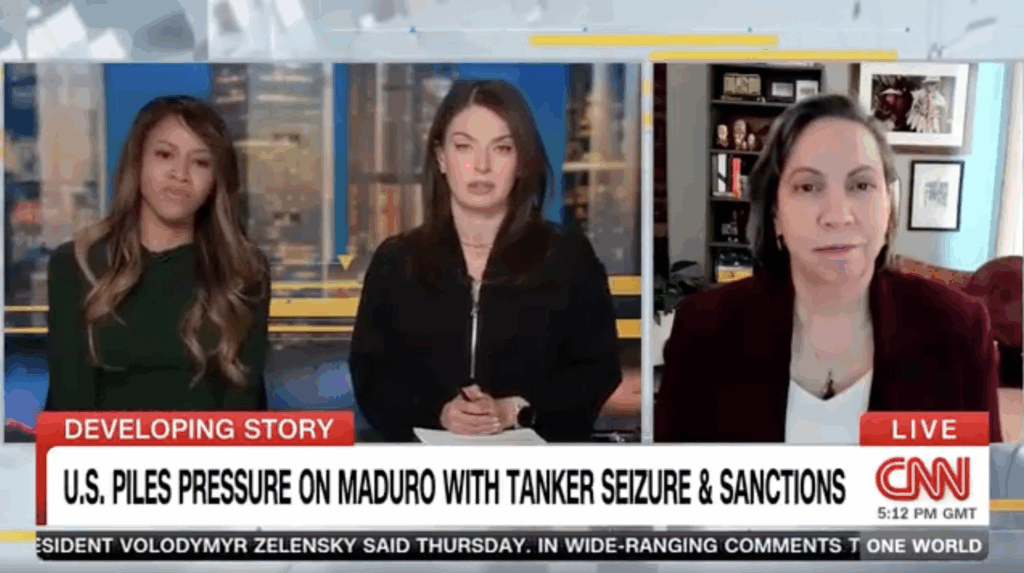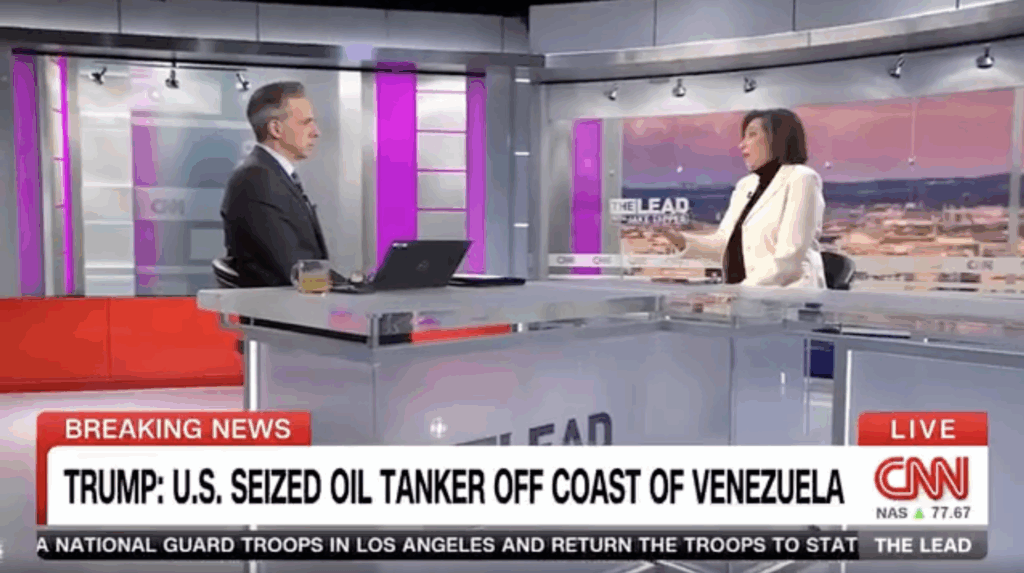I give big credit to President Trump for trying to end this war; and I don’t know any reasonable person who thinks that’s a bad idea. But if it isn’t a good deal, well then it would be much worse for U.S. interests than if we continue to support Ukraine and start making Russia pay a penalty for being unserious.
At stake are the lives of many Ukrainian civilians (Russian attacks have killed or injured about 3,500 civilians with rates 70% higher than the norm in March and April), Ukrainian and Russian soldiers, and the democratic future of Ukraine. But even with those heady burdens, so much more is at stake.
At the 30,000 foot level, at stake is the very core of what the United States stands for and has fought for, alongside our allies: that no nation state will impose or accept the change of borders by force. The U.S. joined WWII for this reason, both in Europe and in the Pacific. The U.S. then refused to recognize Soviet occupation of the Baltic states in 1940 and their subsequent annexation. We stuck by this principle for 50 years until the Baltic states regained their freedom. I was proud to be the White House National Security Council official who worked on ensuring the full withdrawal of Russian forces from the Baltic states after independence, so that their freedom was complete.
President Trump has given Putin two weeks to decide whether he is in or out of the U.S. peace deal. Today, the answer from Russia was not positive. A statement from Russian Foreign Ministry suggests that the Russians are nowhere near ready to sign up to the U.S. plan; his insisting on no NATO membership but also Ukrainian formal neutrality, demilitarization, permanent international recognition of the five Ukrainian territories that Russia has annexed in their constitution (but do not fully occupy), “de-Nazification” of Ukraine meaning removal of Zelensky and other anti-Russia leaders, and lifting of all sanctions and unfreezing Russian assets.
The U.S. is approaching some major dilemmas when it comes to ending this war. President Trump should think about his legacy and what capitulation to Putin will mean for U.S. power and influence in the future. That matters much more than a quick deal. Some good news, and an update from my CNN appearance below, it seems that the minerals/energy deal with Ukraine is looking more mutually advantageous, and not setting up Ukraine for failure as much as earlier drafts suggested…stay tuned.




